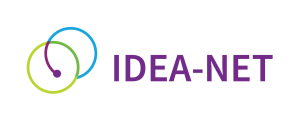University of the Witwatersrand – Johannesburg, South Africa
The DRU engages in various activities to ensure equal access, inclusion, and diversity within the university community. These activities include:
- Support and counselling for students and university staff,
- Lectures, workshops, seminars for students, faculty and non-teaching staff,
- Training courses for peer educators,
- Public promotion (e.g. production of media content such as podcasts),
- Fundraising events,
- Improving physical accessibility,
- Improving digital accessibility,
- Advocacy within the broader university environment and social media platforms.
The activities that had the most impact were support, accessibility and awareness raising and advocacy.
In addition to activities to support inclusion, the program implements binding policy (legislation), strategy/action plan, recommendations/guidelines and preventive programs to counter exclusionary and discriminatory practices at the university.
The most innovative practice was introducing DRU Adaptive Technologist. It was involved in choosing the most accessible online learner management system for University of the Witwatersrand to ensure all students with disabilities are supported and able to access the academic programme. It has created a seamless online process from registration to applications for concessions for students with disabilities.

University of the Witwatersrand
Johannesburg, South Africa
IDEA-net: Expanding the network of Inclusion, Diversity, Equity and Access (IDEA) practitioners in higher education through institutional capacity building
Project ref: 2022-1-NL01-KA220-HED-000089789

This project has been funded with support from the European Commission. This website reflects the views only of the authors, and the Commission cannot be held responsible for any use which may be made of the information contained therein.
